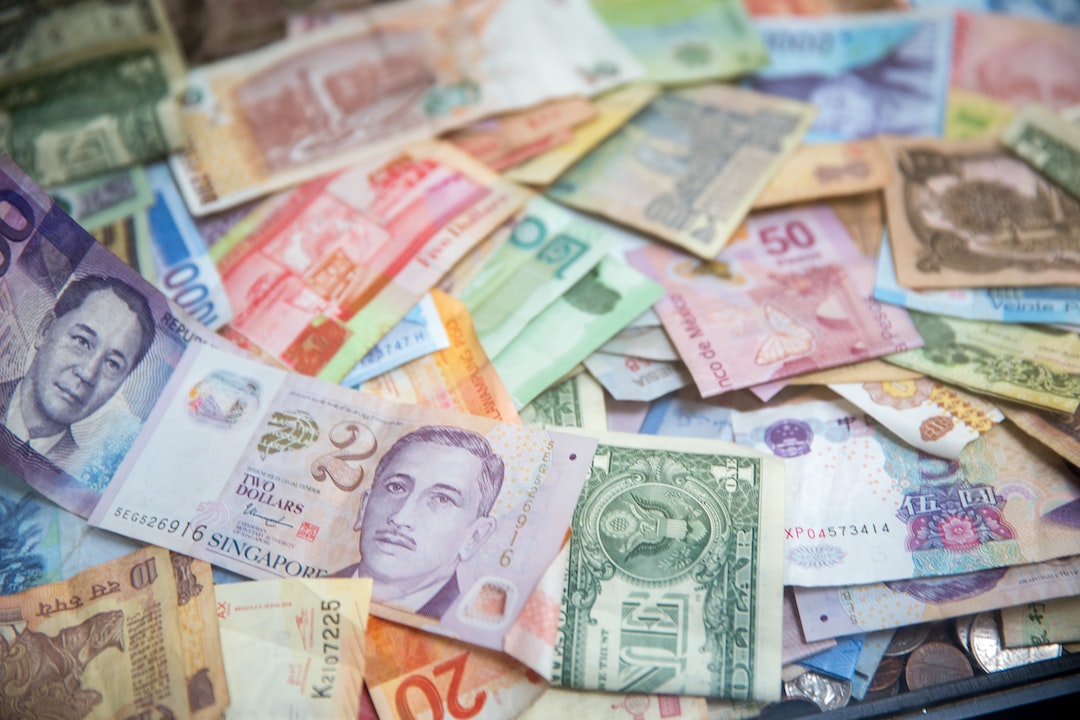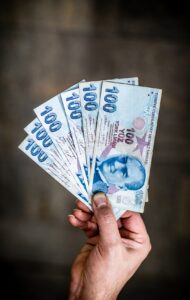Globalization and Forex Era: How International Events Affect Currency Markets
The foreign exchange market, also known as forex, is the largest and most liquid financial market in the world. It is where currencies are traded, and its immense size and constant activity make it a vital component of the global economy. One of the factors that significantly impact the forex market is globalization and the interconnectedness of economies worldwide. In this article, we will explore how international events affect currency markets and why forex traders should pay close attention to the global landscape.
Globalization has revolutionized the way countries conduct business and interact with each other. The increased connectivity and interdependence have brought numerous benefits, such as improved economic growth, technological advancements, and increased trade. However, it has also introduced new challenges and risks, particularly for forex traders.
The first way international events affect currency markets is through economic indicators. Economic indicators are statistics that provide insights into a country’s economic performance. These indicators include GDP growth rate, employment data, inflation rates, and trade balances. When significant international events occur, such as trade disputes, political instability, or natural disasters, they can have a profound impact on a country’s economic indicators, which in turn affects its currency value.
For example, if a country experiences a trade war, like the one between the United States and China in recent years, it can lead to a decrease in exports and an increase in tariffs. This scenario would negatively impact a country’s trade balance, potentially leading to a devaluation of its currency. Forex traders closely monitor such events to identify potential trading opportunities or to adjust their strategies accordingly.
Another way international events affect currency markets is through interest rates and central bank policies. Central banks play a crucial role in managing a country’s economy and currency. They use interest rates to control inflation, stimulate economic growth, or stabilize the currency. When significant global events occur, central banks may adjust their monetary policies to mitigate the impact.
For instance, during the 2008 financial crisis, many central banks around the world, including the U.S. Federal Reserve, implemented unconventional monetary policies such as quantitative easing. These policies aimed to provide liquidity to the financial markets and stimulate economic activity. Such actions can significantly influence currency markets, as they impact interest rate differentials, which are a crucial factor in forex trading.
Political events also have a substantial impact on currency markets. Political stability or instability can greatly influence the value of a country’s currency. Elections, government changes, or geopolitical tensions can lead to uncertainty and volatility in the forex market. Traders need to closely monitor these events and assess their potential consequences on currency values.
For example, the Brexit referendum in 2016, which resulted in the United Kingdom’s decision to leave the European Union, had a significant impact on the British pound. The uncertainty surrounding the future relationship between the UK and the EU caused a sharp decline in the pound’s value. Forex traders who anticipated this outcome were able to profit from the market volatility.
In addition to economic indicators, interest rates, and political events, forex traders also need to consider global market sentiment. Market sentiment refers to the overall attitude and confidence of investors towards a particular currency or market. It is influenced by a wide range of factors, including global economic conditions, investor risk appetite, and market speculation.
For example, during times of economic uncertainty, such as a global recession or a financial crisis, investors tend to seek safe-haven assets, such as the U.S. dollar, Swiss franc, or Japanese yen. This increased demand for safe-haven currencies can lead to their appreciation against other currencies. Forex traders need to stay attuned to global market sentiment and adjust their trading strategies accordingly.
In conclusion, globalization and international events have a significant impact on currency markets. Forex traders must closely monitor economic indicators, interest rates, political events, and global market sentiment to make informed trading decisions. The interconnectedness of economies worldwide means that events happening in one corner of the globe can have far-reaching consequences on currency values. By understanding and analyzing these factors, forex traders can navigate the dynamic forex era and capitalize on potential trading opportunities.





